|
A couple of weeks ago as I sat in a coffee shop, I got an email saying that Stacy had been chosen to be honored as an Angel in Adoption by the Congressional Coalition on Adoption Institute.
WHOOSH...and just like that the flood gates opened and the tears flowed again. Anyone who knew Stacy, and knew the work she did, would agree...she was most definitely an Angel in Adoption. Most definitely deserving of such an award, of such a honor. As her friend and as part of her team here at Hope Connections, I imagined our phone conversation, if she was still here with us. I would have given her the same message I gave her for every victory along the way of this journey of Hope Connections...WOOHOOO!!! And in her usual, humble way, she would have not wanted the spotlight. She would credit each and every family she had mentored as the heroes, as the true angels in adoption. I would have reminded her of all the parents, including myself, who said YOU SAVED OUR FAMILY! Stacy, along with the other Angels in Adoption honorees, will be recognized at a gala in DC this fall. Thinking I will need to bring an entire box of tissues. I so very much wish she was here to have heard the news, to be honored at the gala, But from down here, Stacy, I am giving you a big WOOOHOOO!!
Thanks to the Angels in Adoption® Program, Members of Congress learn first-hand about adoption and foster care efforts taking place within their state and across the country.
As part of Stacy's team, we are grateful to have the opportunity to travel to D.C. to meet with congressional offices and other child welfare advocates. We will be sharing her mission, her passion, and continue carry her torch of supporting Adoptive & Foster Parents to getting their families to HAPPY & HEALTHY! Honoring Angels in AdoptionPast Angels in Adoption Recipents
Wow...Stacy is is in some great company. Check out some of the past Angels in Adoption recipients:
We are looking forward to honoring Stacy and the other 2019 Angels in Adoption recipients. In addition, we are excited to speak with members of congress about the importance of support for Adoptive Parents.
Anything you'd like us to share? Post below and we will relay YOUR thoughts about the importance of post-adoption support.
0 Comments
At the end of the day, we all want a good night's sleep. But ask any parent dealing with bedtime battles and you'll find it's not always happening. Putting some things in place that will help calm your adopted or foster child at night to stop bedtime battles is a WIN-WIN. More sleep for you, more sleep for your child. Nighttime can be hard for children. For a child who has experienced. trauma and the deep loss of losing a biological parent, it can be even harder. Even scarier. Studies are looking at sleep issues in adopted and foster children. Research aside, what parents are looking for is ending those bedtime battles and getting their children and themselves a good night’s sleep. Getting Bedtime Battles Out of the WayWhen you're dealing with bedtime and sleep for an adopted or foster child, attachment needs to be the focus. Without secure attachment, your child can "lose" you at night. Using strategies that not only help with sleep, but at the same time can help with attachment and building strong connections, can make a big difference - both at nighttime and your relationship. 7 Strategies to Help Your Child Sleep1. Start with a good bedtime routine. A good bedtime routine, one that is calm, predictable, and positive, will help make it a smoother transition. Try to be as consistent as possible…same routine at the same time each night. That doesn’t mean it has to be long, or elaborate. Simple works great; the key is CONSISTENT! 2. Make sure your child goes to bed with a full tummy Adopted and Foster children often worry about food. Will they have enough? What if they don’t get breakfast in the morning? Sending your child to bed with a full tummy can reduce his or her anxiety. Give your child a warm, filling bedtime snack. Try a cup of “sweetie milk” – a cup of warm milk with a dash of cinnamon and sugar. Another way to assure your child around food issues is to let him know at night what’s for breakfast in the morning. “Tomorrow, we are going to have pancakes for breakfast.” It's all about building a safety net for your child. 3. Sensory input of YOU Adopted and Foster Children often lack the permanence needed to “hold” onto their parents, especially when nighttime anxiety kicks in. Some ways to help your child…put a photo of you and your child near their bed. Send your scent with them by using a pillow case you slept on as their pillow case – BEFORE you wash it. That way it has your scent on it while they sleep. Just think...you're working on attachment and connection with your child while you are sleeping. Now, that's a bonus, don't you think? 4. Use a Weighted Blanket or Compression Blanket Weighted blankets are “grounding”, and can really have a calming effect on children. What’s a weighted blanket? Basically, they are blankets filled with tiny pellets or woven into the fabric. The weight gets distributed across the body. Think of it kind of like a big bear hug. For lots of children, and adults, this can have a very calming effect. We like this one for children. Make sure you get the right heaviness for your child. We recently discovered an alternative to a weighted blankets that we are excited to try. Compression Blankets or also known as hug sheets. Here's one that's on our list to get. 5. Keep your child’s bedroom door open, if possible. Again, lack of permanence comes into play here. While this isn’t possible for all children, it can help your child hear you…and keep you “alive”. When new parents bring home their newborn, they often try to keep the house as quiet as possible when the little one is sleeping. For adopted and foster kiddos, they often need to hear mom and dad to assure they are still there. Hearing mom and dad assures them they did not abandoned. It assures them they are not all alone. 6. White noise machine White noise machines are a good option, especially for kiddos who wake up in the middle of the night. The rhythmic noise can be very soothing, and really be helpful for a child who is hyper-vigilant and listening for every little sound during the night. When you are on high alert, sleep and rest are a huge challenge. "I am a true believer [of white noise]," says psychiatrist David Neubauer, associate director of the Johns Hopkins Hospital Sleep Disorders Center. "I sleep with white noise myself. While most of the evidence showing that these machines help people sleep is anecdotal, we know they provide a kind of ‘sound cocoon,’ which is very soothing. When it’s completely quiet, people with insomnia or other sleep difficulties focus more closely on small noises, which can interfere with their getting to sleep." There are a lot of options for white noise machines on the market, but the one we like best is the Hatch. It’s not only a white noise machine, it acts as a night light, time to rise signal, and alarm clock. 7. Focus on ways that strengthen your child's attachment Secure attachment doesn't just happen when a child becomes part of your family. It takes time. It takes intention. Sleep can be an issue when a child lacks a strong, secure attachment. When you focus on strengthening that, during the day and at bedtime, you will have the best chance at ending bedtime battles. Note - links above are affiliated links. We get a small kickback for purchases made when using those links. Thanks...we appreciate it!!
In honor of ALL Mothers... A Mother's Love is endless, all encompassing, and "an unrivaled force of nature"! No other relationship can compare. It begins before we see the face of our child and lasts long after we are gone. It is powerful beyond compare and how we express it leaves an impact for life. The decisions mothers make and the way they love can literally make or break a child. Now, that is a POWERFUL job, don't you think? Mothers that truly understand their job are patient, unwavering, discerning, protectors who communicate that love, both verbally and non-verbally. Their children not only hear their love, they feel their love, and see their love. Children that know that kind of love are destined for GREAT things! There are lots of ways to be a mother;
They are all precious, but not all exactly the same in experience,...yet the powerful impact is still at play! Mothers who try to give their love to children who have lost a mother face hurdles that none of us want to believe could exist in the world of any child. The call to be patient, unwavering, discerning and protective is magnified by 1 MILLION %. They have to undo old beliefs and understandings their children have already integrated into their core. Some of these children have never heard, felt, or seen real love before and don't have the capacity to respond to it or accept it. Loving children who have lost mother can be very painful. But these incredible mothers endure and continue to give love endlessly and be all encompassing with that love. They are an unrivaled force of nature as they fight for their children over and over again, protect their children and, most importantly, never give up on their children. It will take time, but their children will not only hear their love, they will feel their love, and see their love. And that kind of love ensures that they will be destined for great things! We want to support you all in celebrating the amazing job you do, even if it isn't a happy day where everyone can show their appreciation for you. The truth is, whether those around you are able to express it or not, you deserve praise and adoration! Today, don't question yourself, don't look back with regrets; you are doing the best you can and give yourself time to just be proud of all the good you do. You are the life-source of this planet. You are the foundation that generations stand on. You are a healer. You are hope for the hopeless. You are...a MOTHER! Hugs to you all! Traumaversaries. It may not be a word you are familiar with. It may not be actually be a “real” word, but to anyone parenting or working with children who’ve been impacted by trauma, they are very real. Trauma comes in many forms.
Really, the list could go on and on. And those traumatic events impact children. They carry with them the impacts of trauma, some for a lifetime. Traumaversaries and How Trauma Impacts Children Sometimes children were old enough to remember the traumatic events. Often, they were not. But the impacts of trauma are there...no matter how old they were. Even if a child was not old enough to remember, their bodies will remember the feelings associated with those losses and traumatic events. And when it is the anniversary of the event, those feelings are even more likely to arise. Hence, the reason we use the word “traumaversaries”. One of the challenging things is that often teachers aren’t aware of the anniversaries. Sometimes even the parents aren’t aware. And LOTS of times, the children aren’t aware at all. When Traumaversaries Trigger a Child One family I worked with came to me when their daughter was having a lot of behavioral struggles. It was December, and here in Minnesota there was already a lot of snow on the ground, not to mention cold, blustery temps. Their daughter was adopted from Russia. She had come to their family when she was 6 years old. This was now the second winter season with them and it was the same pattern of behavior. The start of winter brought not only a flurry of snow, it brought a flurry of behavior. This lasted ALL winter. After some talking, listening, and digging, we figured out the trigger. She had been removed from her home and her biological mother when she was 5 years old. And you guessed it...in December! The weather in her hometown was similar to that of Minnesota - snowy and cold. When she first went to the orphanage, they were getting ready for Christmas at the orphanage. Decorations, artwork made by their other children at the orphanage, a live, fragrant Christmas tree. It all now made perfect sense. Her behaviors here at her new home really kicked in when they got their Christmas tree. The smell of the pine needles triggered her emotions. Her loss, her grief, her abandonment. While this insight didn’t erase those emotions during the traumaversary, it did give her parents important knowledge and a new lens to look at those behaviors. They now had the insight to see what was behind the behaviors. They could remove some of the triggers, and could use new tools to help navigate through those triggers that were unavoidable. As she got older, we began teaching her about her traumaversaries and those triggers and emotions that came with them. She is now a young woman. This winter here in Minnesota was a rough one. LOTS of snow. FRIGID temps. Her emotions crept in again in December, but she now has insight and knowledge to know what it is. She now has her own tools and strategies to walk through it without it tailspinning her. As teachers, you very well may have students facing their own traumaversaries. You may be seeing behaviors...ranging from sadness, forgetfulness, acting out, change in attitude, etc. Those students need you to help them navigate through those. When you are working with or parenting a child who’s impacted by trauma, it’s important to be intentional. It’s important to meet the child right where he’s at, and in order to that it’s important to understand a child’s emotional age, attachment style, and trauma history.
When parents and teachers can work together as a team, and give a clear picture of the child so both parties can meet the child right where he or she is at, the child has the best chance at success.
Want tools to help your students or children who've been impacted by trauma? In IMPACT - A Community of Trauma-Sensitive Teachers, we are diving into traumaversaries and loss. It’s a really important topic when it comes to students who’ve been impacted by trauma. Get access here. Parenting an Adopted or Foster Child? Join us in CONNECT to learn about the impacts of trauma. Join us here. Sometimes things take a turn when our adopted and foster kiddos are having another temper tantrum. A turn where suddenly we are no longer staying calm. A turn where we become the ones yelling. A turn where we become the one having the temper tantrum. That's when you need a plan to RESET. When You’re The One Having the Temper TantrumThere I was standing in my pantry, among all the cans of green beans and corn, feeling terrible. It had been one of those days. You know, the kind where you’re counting down the hours til bedtime, and it just can’t come soon enough. My daughter had been having another temper tantrum, one of what seemed like a bajillion that day, and rather than staying calm, cool, and collected, I lost it. Soon, I was the one having the temper tantrum. After I calmed down and my hubby made it home from work, I went into the pantry and cried. Sobbed, actually. I replayed the situation over and over in my head. Knowing I should have handled it differently. Wishing I had handled it differently. Feeling like a bad mom. Sure I had made things even worse for my daughter. Can you relate? It's Not Your FaultI’m pretty sure there’s not a single Adoptive or Foster Parent on the planet who hasn’t felt the same way. What I need to tell you is it’s not your fault. Parenting an Adopted or Foster Child who is hurting, who has come with loss and grief, can be hard. Really hard. And as parents, we can get pushed to our limits. We are stretched. Busy. Tired and worn out. Throw another temper tantrum into the mix and it’s easy to see how it can be hard to stay calm. We ALL lose it at times. We all have those times we wish we would have handled it differently. We all have those days that we don’t feel like a great parent. Those days we even feel like a pretty crappy parent. Days we feel inept. Not sure how to handle behaviors. Questioning if we are even the right parent for this child. If you have felt that way, I assure you that you are NOT alone! Back to the pantry. I had a good cry, but did some good self-talk. Reminded myself that my daughter had been through so much in her short life. And with that loss and hurt came a lot of BIG emotions. It also came with the impacts of trauma. It was BIG stuff for sure! I gave myself grace. I gave my daughter grace. Surely, we both needed it. I pulled myself together and came out of hiding, ready to start over. To start fresh. To be honest, I was still counting down the time until bedtime, but I was ready to be a whole lot calmer. When you’re in your spot where you wish you would have handled it differently… 4 Ways to Reset After a Temper Tantrum
You ARE a good parent. A really good parent. And you are exactly the parent your child needs! If your adopted or foster child is having temper tantrums, check out our blog post about temper tantrums and anger here. Last weekend, my son was home from college for a few days. He and his brother were reminiscing about funny moments from when they were little.
Fond memories that made them laugh. Out loud laughing, which was great for this Mama's heart. "Remember that time with the rain boots?" Yes, the time my kiddos were outside exploring and adventuring (their favorite thing to do) in their brightly colored rain jackets and their new rain boots. All were having a good, until.... My middle son was in a great spot of mud. Wet, gooey, sticky mud. A favorite kind of little boys. But this time, he was STUCK. He tried moving, but no luck. Literally, stuck in the mud. Do YOU ever feel like that on this journey of Adoptive & Foster Parenting? I sure did. There were times I felt like we weren't making any progress. Nothing I tried was working. I was tired. Exhausted. Worn out. And I just didn't know what else to do, what else to try. So many Adoptive and Foster Parents have felt this way. It can become a vicious cycle. You do have choices...even if it doesn't feel like you do. When you're stuck, you can stay put, feeling helpless and hopeless. OR you can
Ready to move forward and get UNSTUCK? Here are 7 action steps you can take to help move you and your family to Happy & Healthy! https://www.tohavehope.com/action School. It can be a struggle for lots of Adopted and Foster kiddos.
Sometimes your child will have fall out at school. Other times they'll hold it together...until they get home. Your adopted or foster child's best bet at school is a strong parent/teacher partnership, with both sides understanding YOUR child, how those impacts of trauma look on him, and how to best meet your child right where he's at. I've heard from parent after parent and teacher after teacher asking how best to help adopted and foster kiddos at school. There's so much new info about being trauma-informed, but what teachers want and need is the practical tools to help students who've been impacted by trauma. I'm so excited to announce a brand new membership we have to help teachers create trauma-sensitive classrooms and partner with parents to best meet the needs of those students impacted by trauma - IMPACT - A Community of Trauma-Sensitive Teachers. Here's the link to learn more about it and to get signed up. www.tohavehope.com/impact.html Share it with the teachers in your life. Also...it would make a GREAT holiday for your child's teacher! Imagine if every single classroom was trauma-sensitive and striving to help kids not only learn, but to feel safe and HEAL! Let's spread the word! When we adopted 18 years ago, we had great support from family and friends. They were excited. They were happy for us. And they really supported us.
Not too long after our girls came home, things got a little chaotic. We suddenly had 6 kids aged 6 and under. My girls came with a lot of grief and struggles. I was exhausted and lots of days was doing my best to just get us all to bedtime. Sound familiar? We pulled in. Hunkered close to home. We kept our world small to help my girls adjust, and more importantly, connect and attach. It’s exactly what they needed. Things calmed down. A LOT. But that’s when there seemed to be a shift. Family and friends didn’t understand the changes we made. They didn’t understand because they didn’t see the struggles. They didn’t live it. I felt judged. Questioned. Doubted. I felt ALONE. I tried to explain. I tried to not take it personally. But it was hard. It was hurtful. That’s when I sought out those on the journey. Those who truly understood. When I was surrounded by that kind of support, I was able to let go of the hurt. My family and friends loved me. They wanted the best for my family...and for me. They just couldn’t necessarily understand it. So I chose to give grace. It wasn’t always easy, and I didn’t always do it well. And along the way we did lose some friends. I needed to do what was best for my kiddos. 18 years later, I am confident I did that. The well-being of my kiddos far outweighs what others think about me or my parenting. Know that you are doing what’s best for your family! Surround yourself with the support of those who understand and give grace to those who don’t. You got this...and you’re not alone! The other day I was driving home from lunch with a friend and a billboard caught my eye. The top of it said "Fear is contagious."
How true is that? As Adoptive & Foster Parents, our minds can race with questions. You know, those questions of doubt and fear. What if my child doesn't securely attach? What if my child grows up and wants to be with her birth family and not us? What if I'm messing things up for my child? What if...? When we are in that spot, those questions can spiral. They keep coming. And the doubt and fear increase more and more. And that is not good...not good for us as parents, not good for our kiddos, not good for our families. Here's the 2nd part of that billboard that said Fear is contagious....but so is HOPE! Hope is what can squelch those doubts and fears. And once we start having hope, it is easier to be hopeful, easier to see the hope. And easier to share the hope...with other adoptive and foster parents, with our significant others, and with our children. So both fear and hope are contagious. Which do you want more of? Decide and then focus there. If you're in need of some hope, I will share mine with you. Hope for you and hope for your family. You've got this!! Trauma. It's something that you hear a lot about these days.
For our adopted and foster kiddos, it's not just a trend. Not just a buzz word. It's real. VERY real. Most people can understand that kiddos who experienced neglect or abuse have been impacted by trauma. And they have. But not everyone can wrap their heads around the idea that ALL adopted and foster kiddos have experienced trauma. Our adopted and foster kiddos were born to another mother. Attachment with her began in utero. They are wired for her. And when they came to us, there was a breach in that attachment. And that is trauma. Whether they came to us at day 1, year 1, or year 10, they have come to us impacted by trauma. When we can understand that, truly understand it, it will make a big difference. |
Categories
All
Archives
February 2020
|

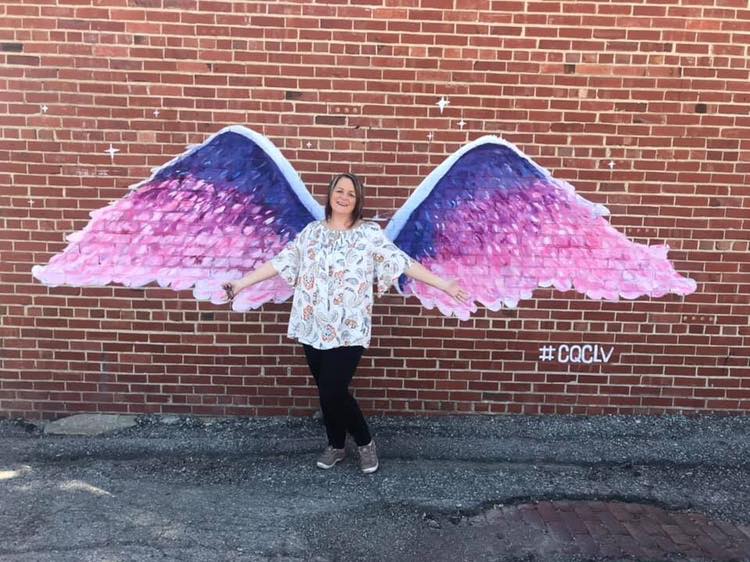

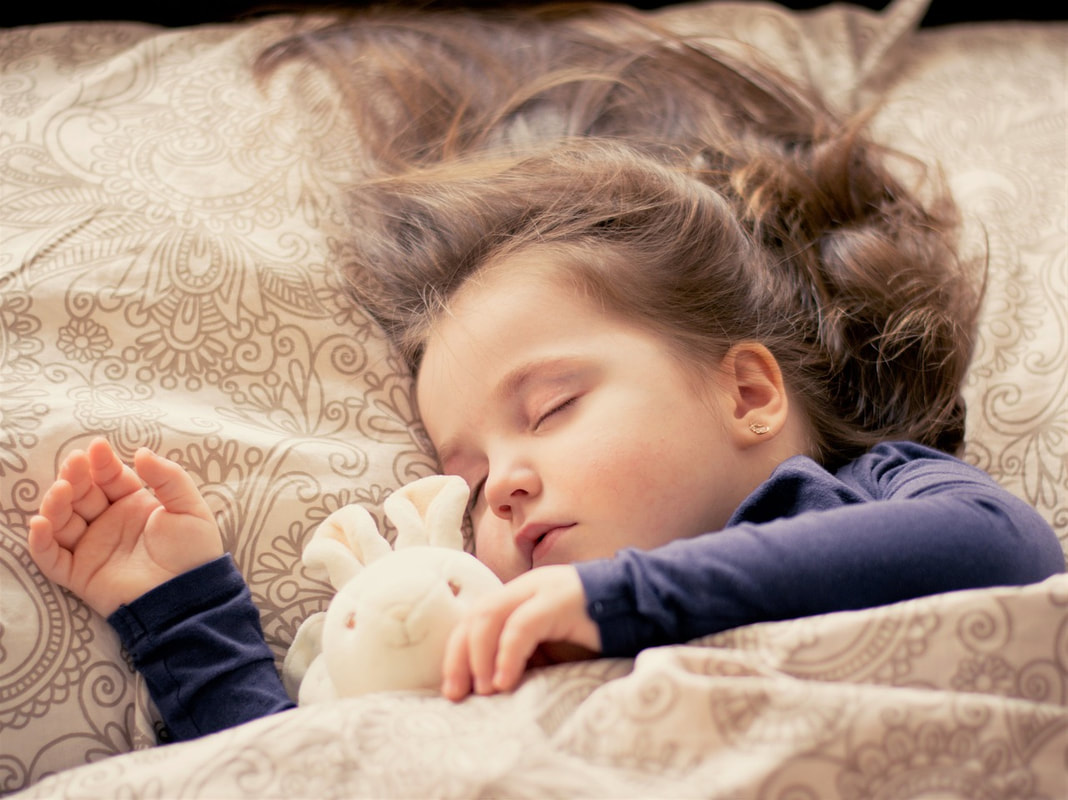
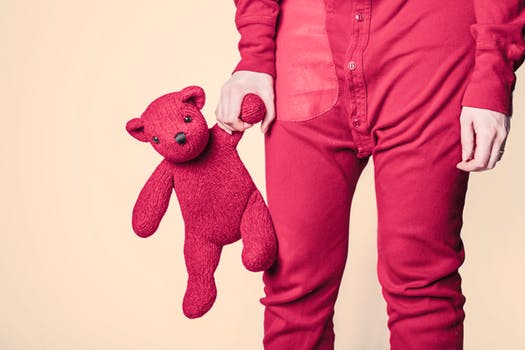
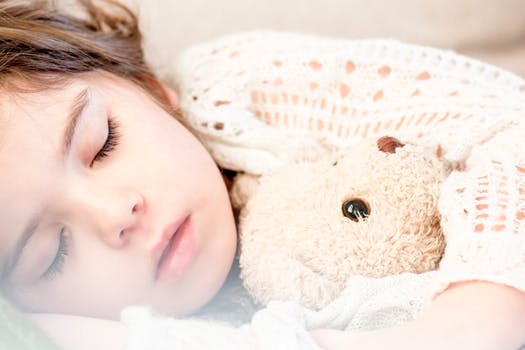
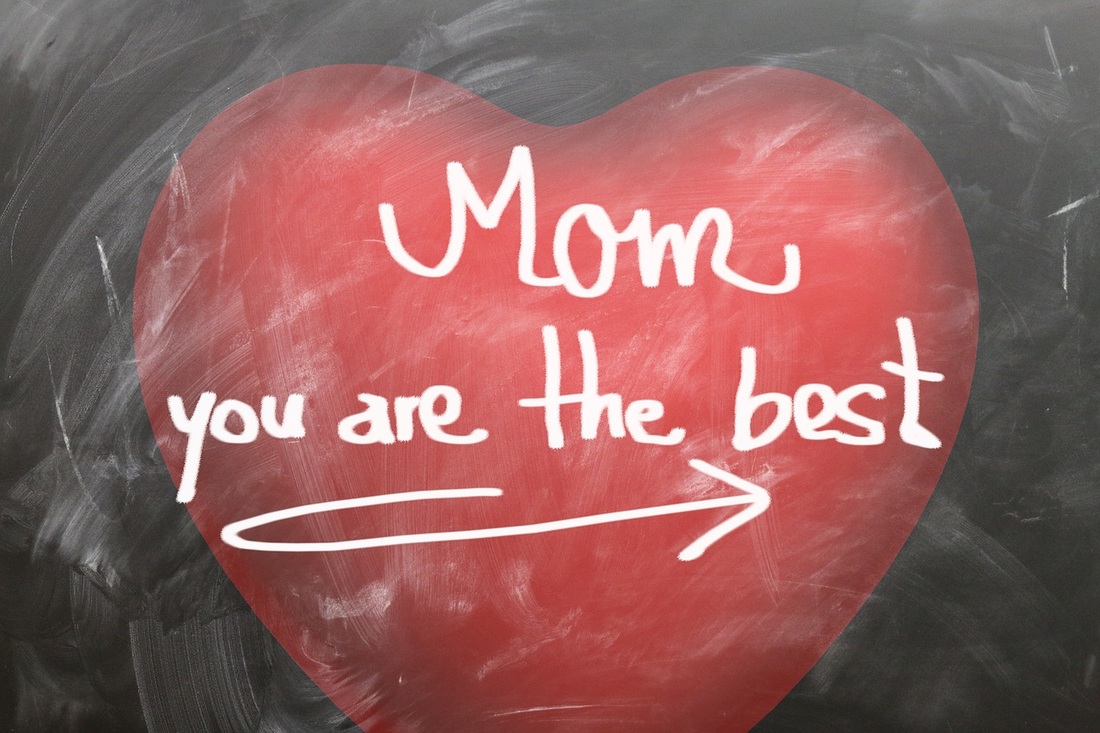
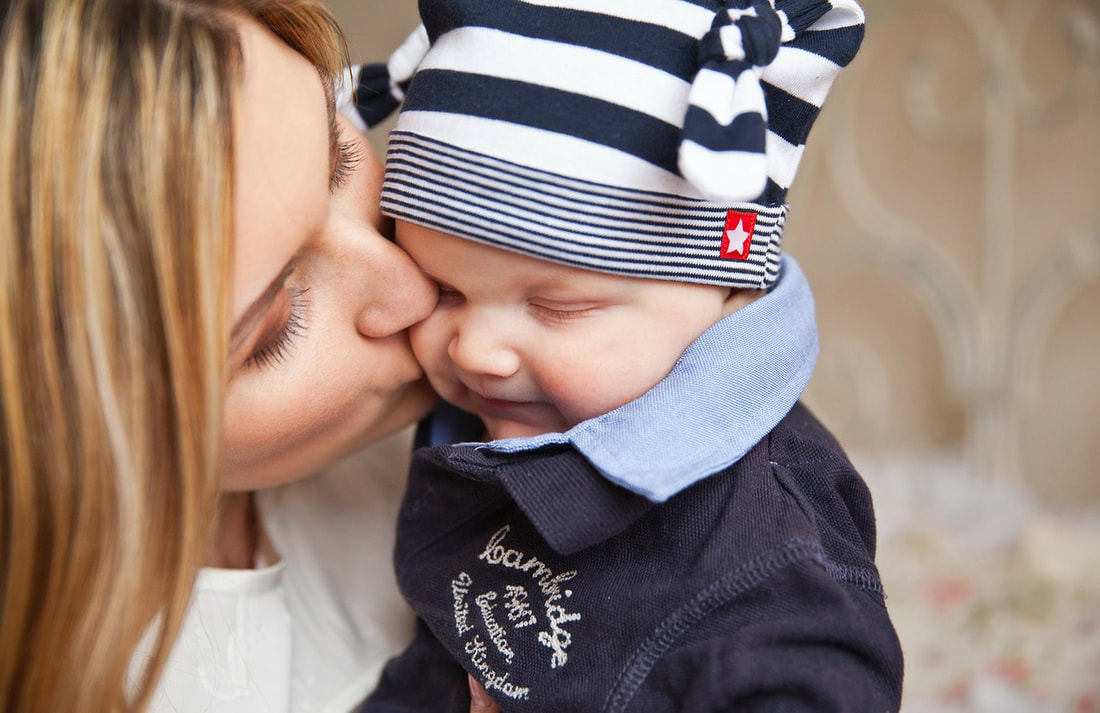
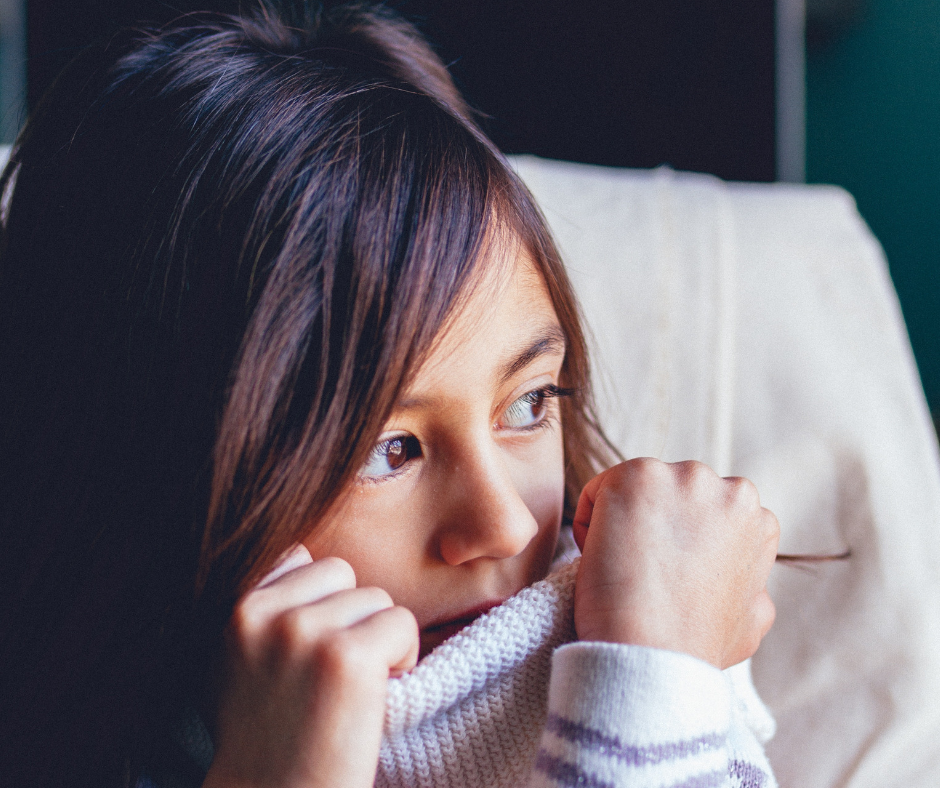
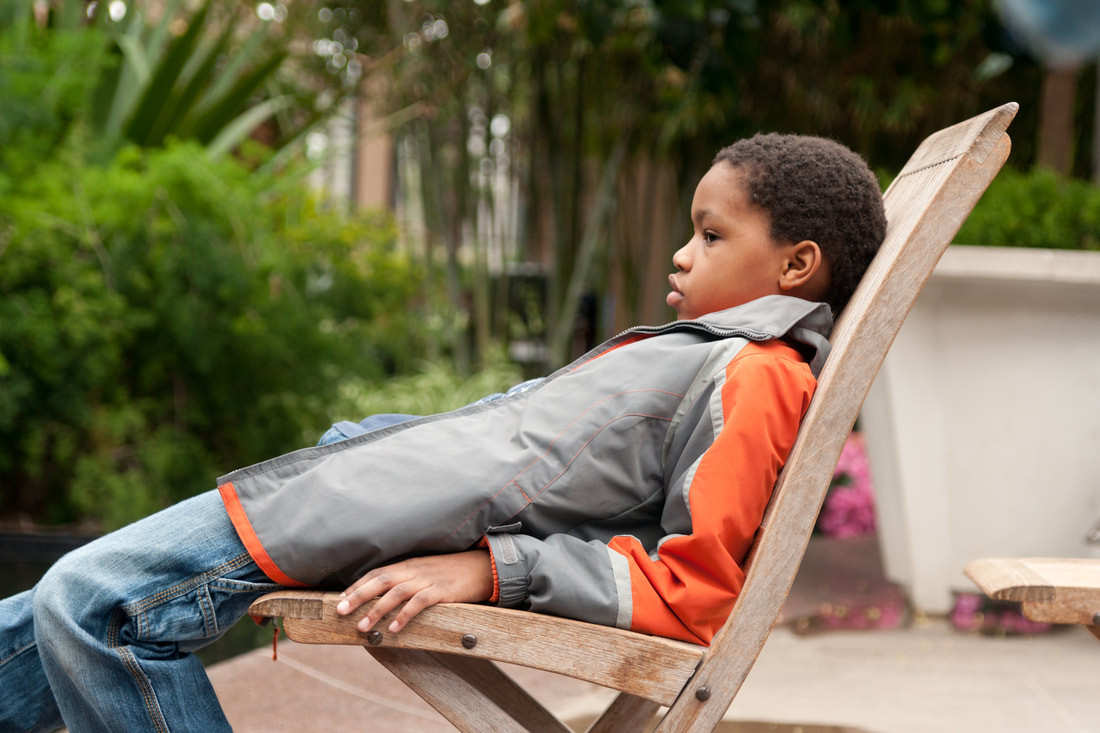
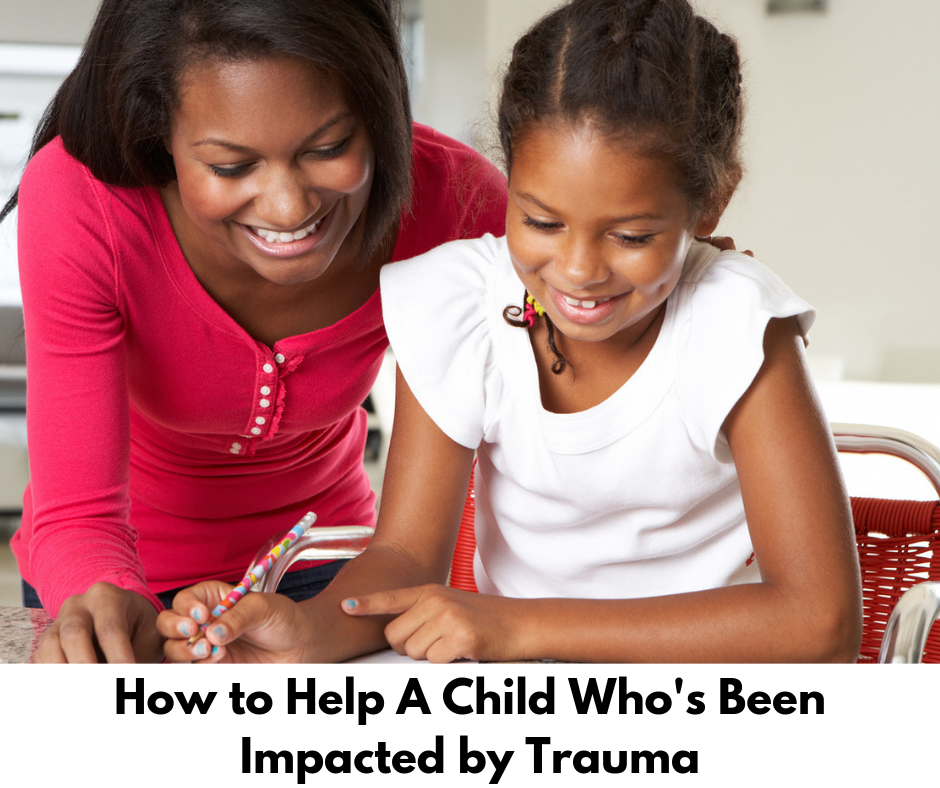
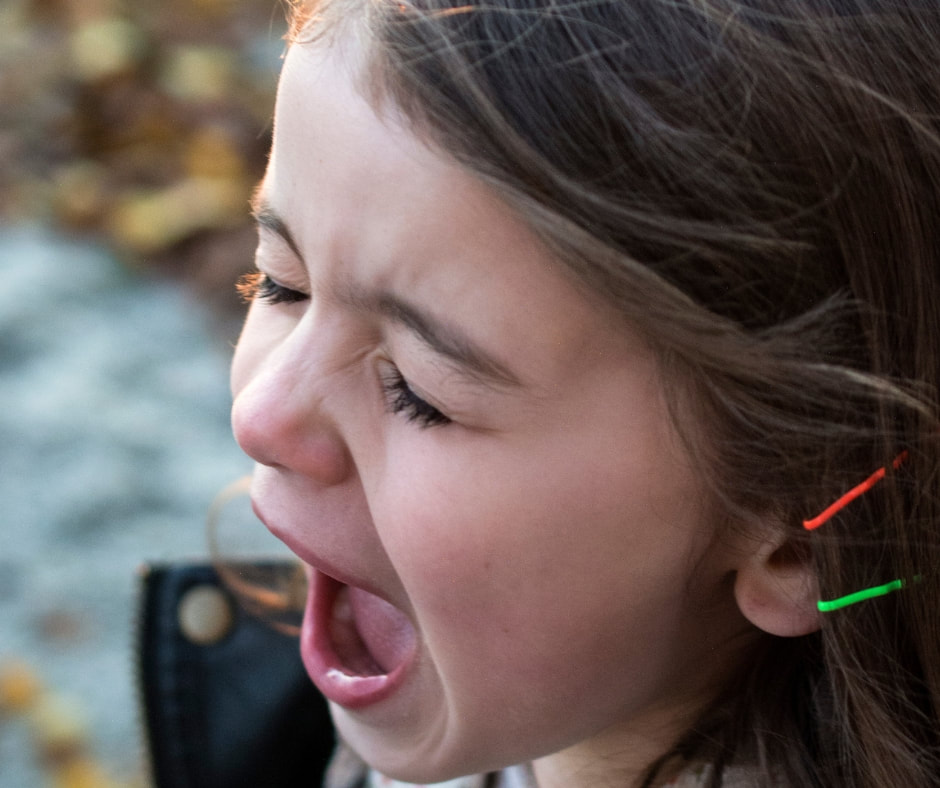

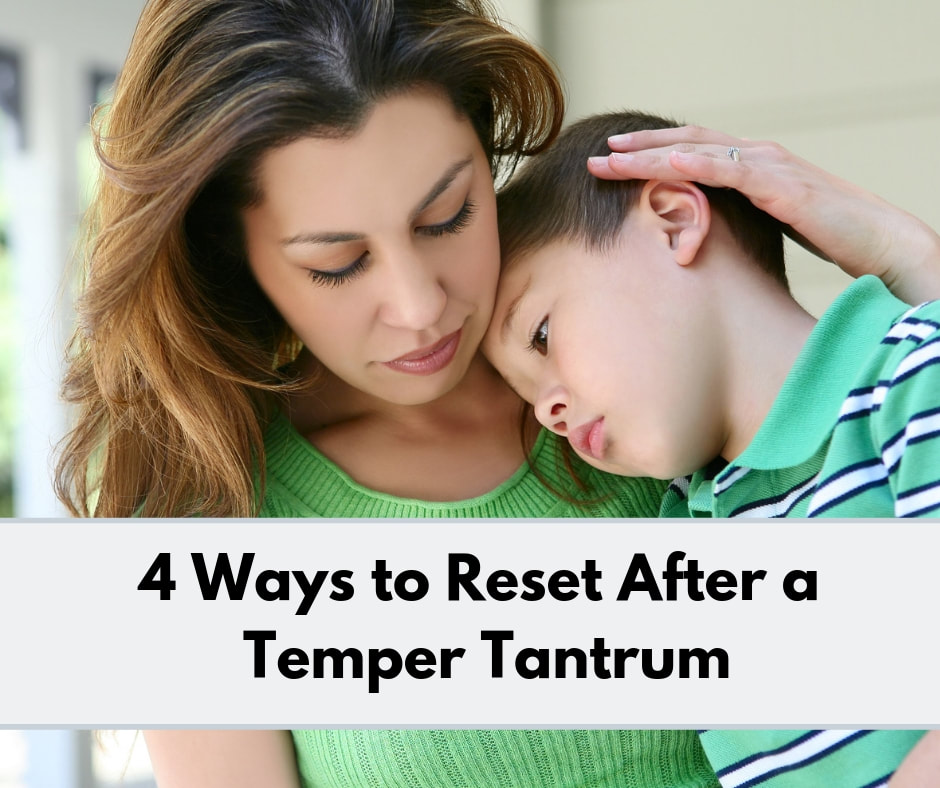
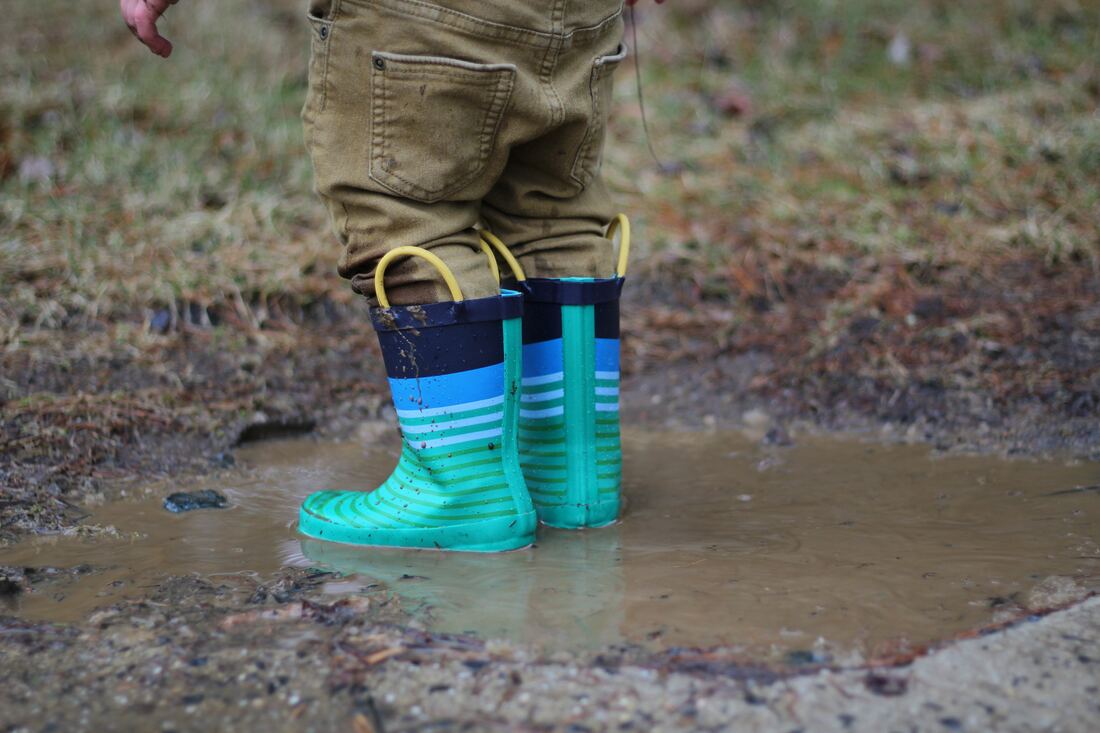
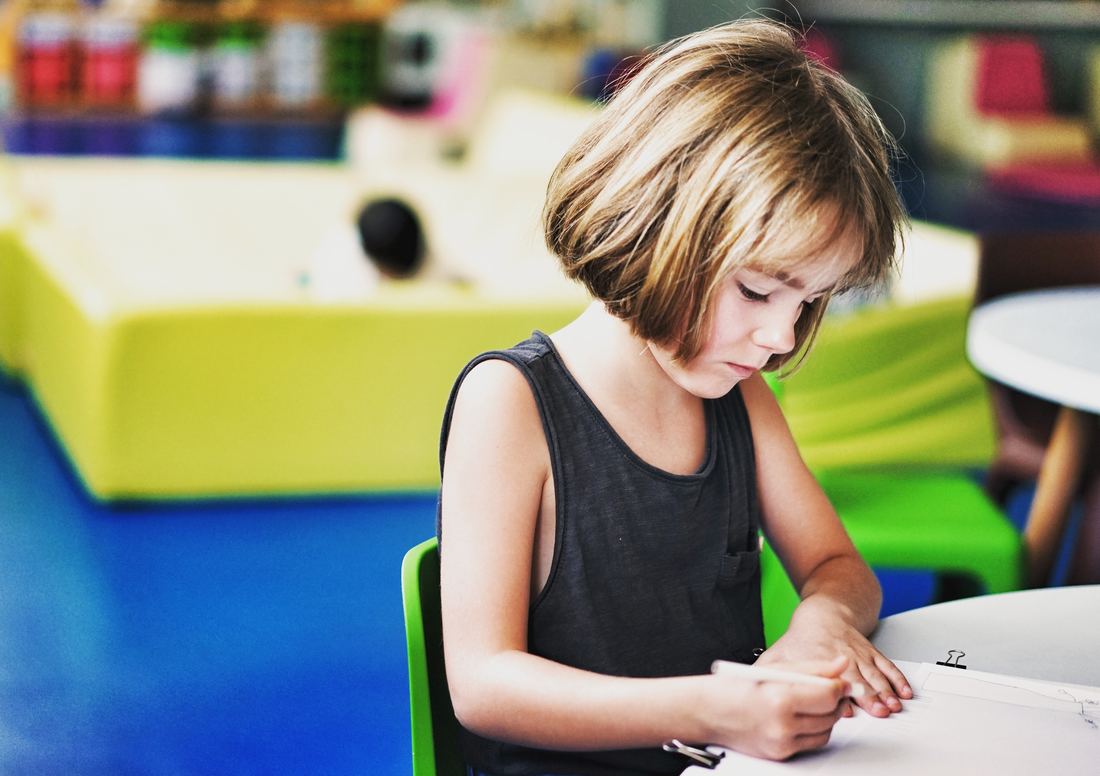

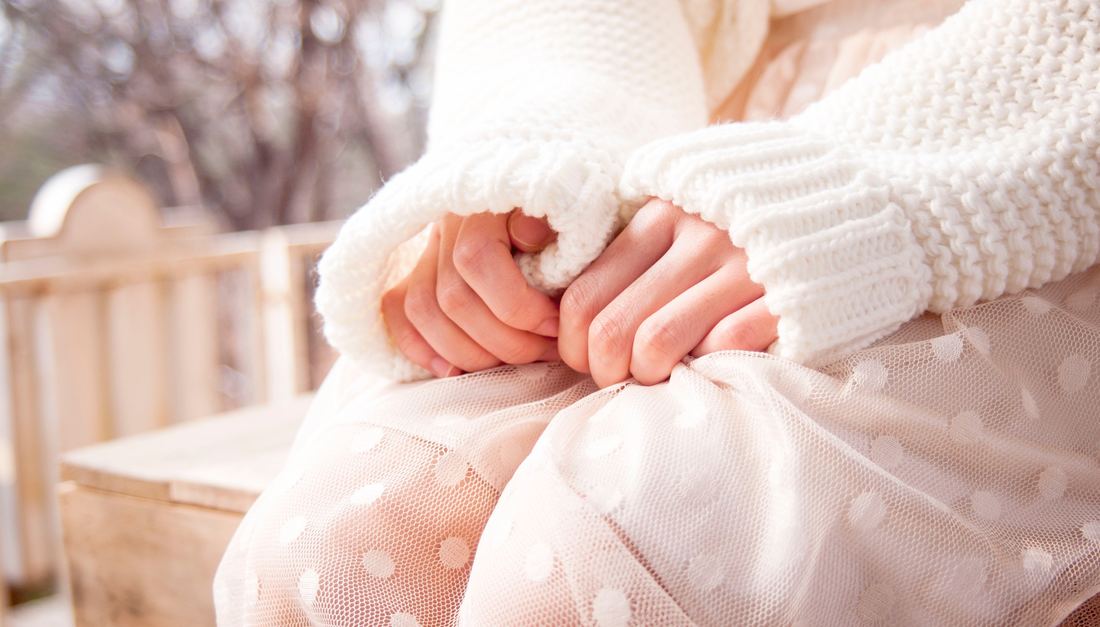
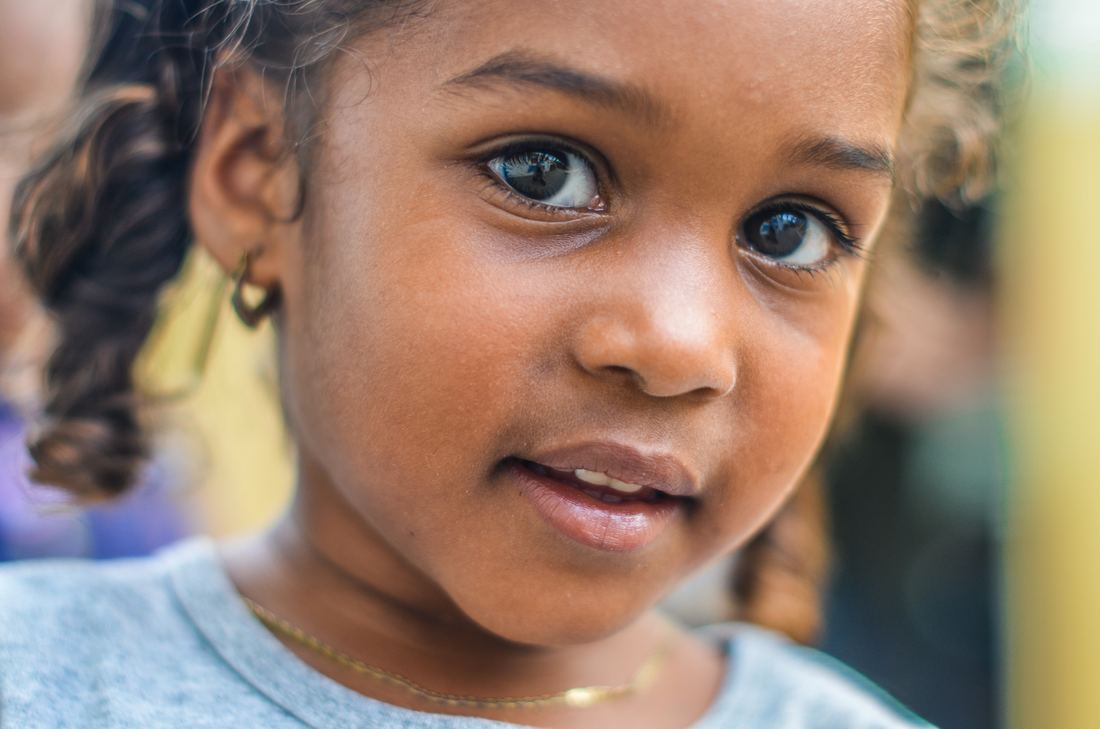
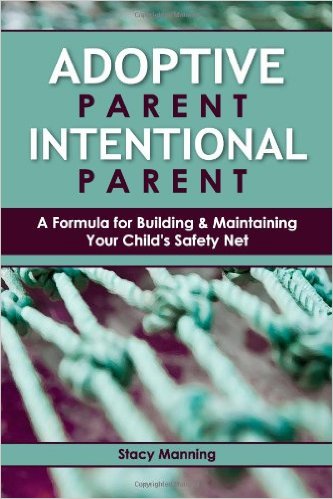

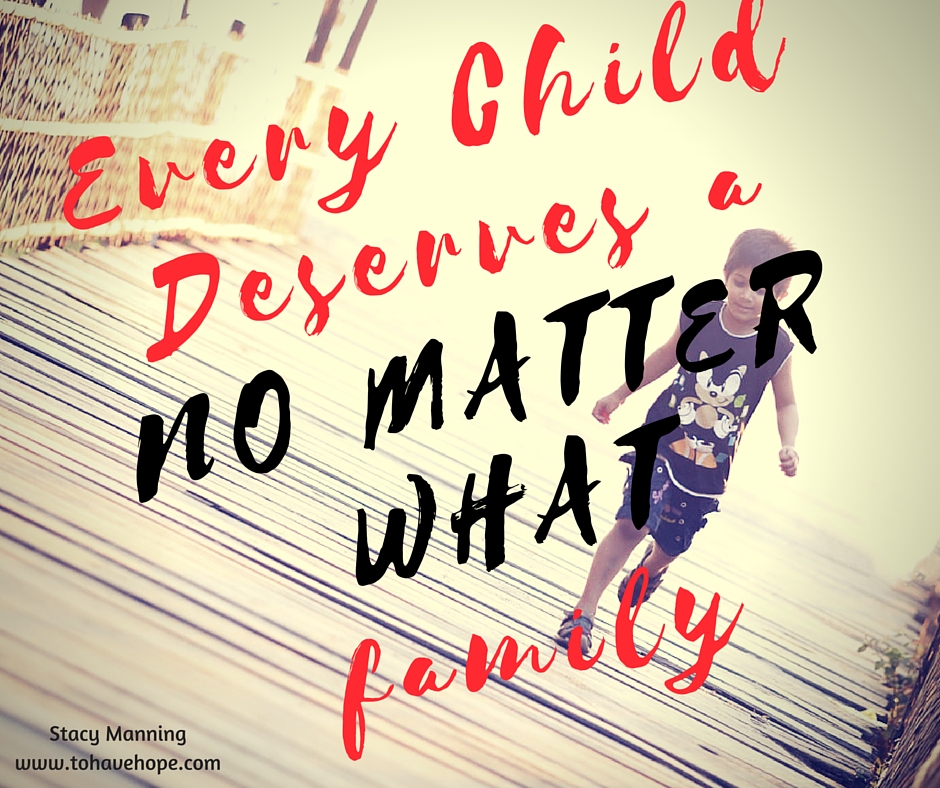
 RSS Feed
RSS Feed